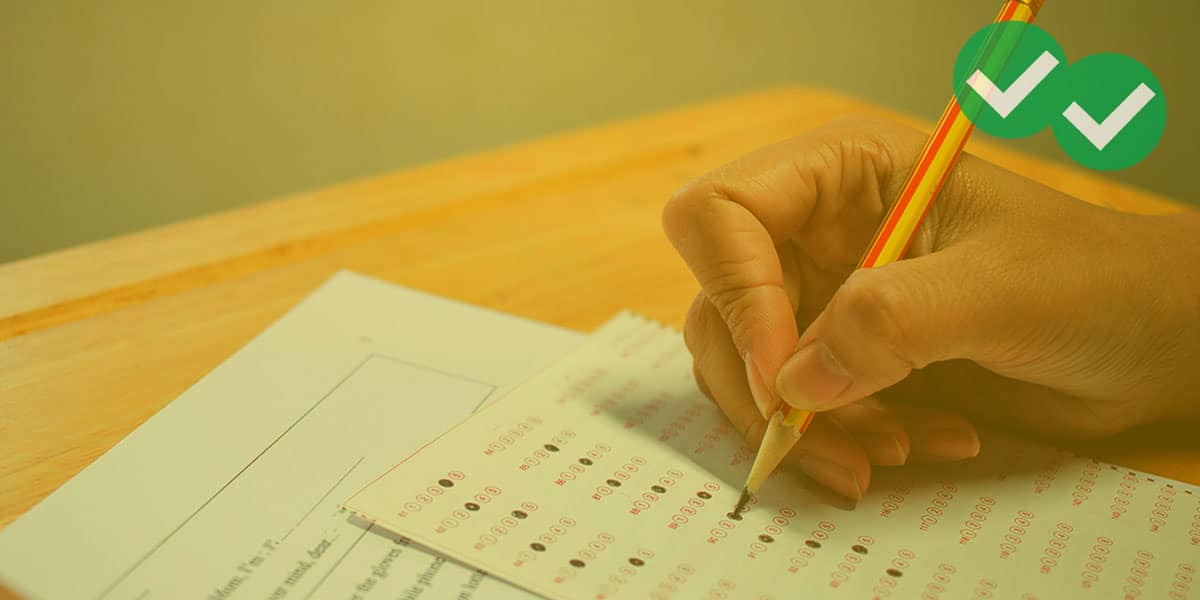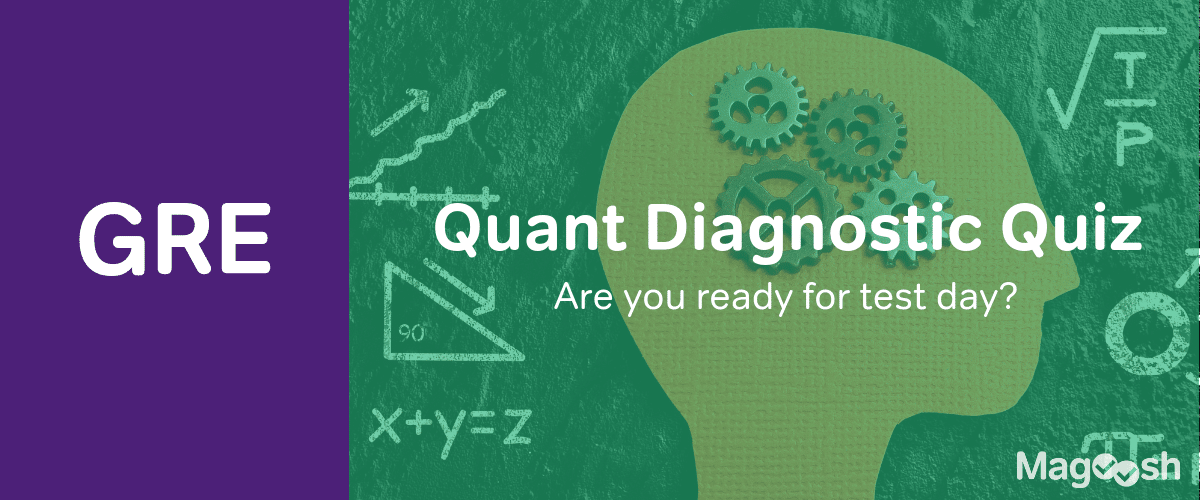Assumption questions are relatively common on the GRE Critical Reasoning component of the Reading Comprehension section. You know you are dealing with an assumption when the question is something like this:
Which of the following is an assumption on which the argument depends?
Much like Strengthen/Weaken questions, Assumption questions require you to identify the premises and the conclusions. Once you’ve done so, keep in mind that the conclusion cannot be properly drawn without an additional piece of information. This missing information is the assumption. In other words, there is a gap in the argument, and unless it is filled, so to speak, the conclusion is not valid.
Let’s take a look at the following example:
Maria studied 3 months for the GRE. Therefore she will score in the top 10%.
In this mini-argument, the premise is that Maria studied 3 months. From this a conclusion is drawn: she will score in the top 10%. What is the assumption here? That one only need study for 3 months to score in the top 10%.
Without this assumption, we cannot draw a valid conclusion. The key to answering an assumption question correctly is to identify what is an assumption, and what is not an assumption.
Negating the Assumption
To do so I am going to introduce a technique called Negating the Assumption. The idea is if you take an answer choice and turn it into its opposite form then the conclusion will fall apart. If you negate an answer choice and it does not do anything to the conclusion, then you know that answer choice is not an assumption the argument depends on. Look at the answers below:
- Studying for three months automatically means a student will score in the top 10% on the GRE.
- Using prep materials is the only way to score in the top 10%.
Let’s negate both of these answer choices to see what happens.
- Studying for three months does NOT automatically mean a student will score in the top 10%.
- Using prep materials is NOT the only way to score in the top 10%.
By negating (A), the argument falls apart. If studying for three months does not automatically mean scoring in the top 10%, then the conclusion above that Maria will score in the 10% cannot be validly drawn.
By negating (B), we do not affect the conclusion, so we know that answer choice (B) is not an assumption the argument depends on.
Magoosh Practice Question
Now let’s try an actual question from Magoosh. Remember to first identify the premises and conclusion. Next make sure to negate each answer choice. Also, make sure to pick the best answer. Don’t pick an answer because when you negate the assumption the conclusion kind of falls apart. When you negate the answer choice, the conclusion will completely fall apart.
Coursemetrics, a privately owned on-line education platform, recently offered courses targeted to college students. In order to ensure the validity and effectiveness of the video lessons, Coursemetrics selected notable professors from across the country to evaluate the content of the videos. Since Coursemetrics only made part of its curriculum those videos in which more than 80% of the professors rated as “good”, the courses will be popular amongst college students in general.
Which of the following is an assumption on which the argument depends?
(A) A few college students tested the product before it was released to the public and almost all of them rated the product lower than did the college professors.
(B) Coursemetrics initially launched a successful product for high school students learning algebra.
(C) Every professor who tested Coursemetrics gave at least one video a rating of “Good”
(D) Coursemetrics selected professors from a variety of subjects.
(E) The courses offered by Coursemetrics are ones in which college students struggle and seek outside help.
Negating the assumption:
The courses offered by Coursemetrics are ones in which college students do NOT struggle and seek outside help.
We can see that once the assumption is negated the paragraph’s conclusion (because college professors rated the program well everybody is going to use it) falls apart.






Leave a Reply